
The Type of Meat That Spikes Ur.ic Ac.id and Accelerates Kid.ney Failure
Eating too much red meat can cause a rise in uric acid levels and negatively impact kidney function. Red meat increases uric acid in the blood, which can lead to gout and kidney stones, ultimately affecting kidney health in a serious way.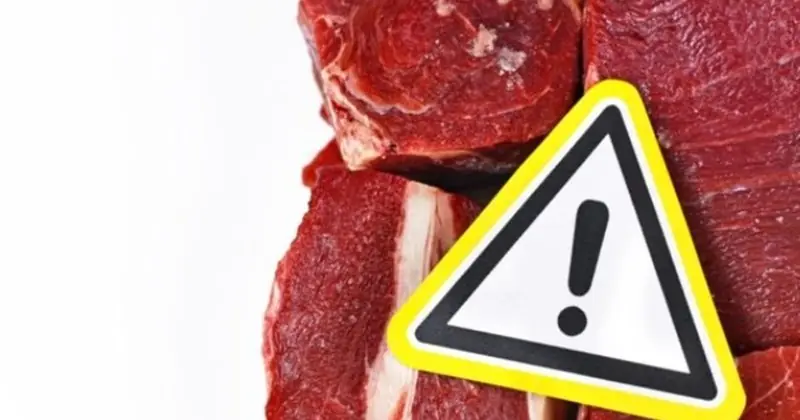
Uric Acid and Its Impact on Kidney Function
Uric acid is a byproduct of purine metabolism, which is found in foods like red meat. When consumed in excess, red meat, especially pork, contributes to higher levels of uric acid. If uric acid levels become too elevated, crystals can form in the joints (causing gout) or in the kidneys (leading to kidney stones), which can damage kidney function.
Research on Red Meat and Kidney Health
A study conducted by the National University of Singapore followed 63,257 adults to examine the link between protein sources in the diet and kidney function. In this study, pork made up 97% of the red meat consumed, while other protein sources included poultry, fish, eggs, dairy, soy, and legumes.
Over 15.5 years of follow-up, the researchers found that individuals who consumed the most red meat had a 40% higher risk of kidney failure compared to those who consumed the least. The risk increased with the amount of red meat consumed— the more red meat people ate, the greater the risk of kidney damage.
Interestingly, the study did not find a significant relationship between the consumption of poultry, fish, eggs, or dairy products and kidney failure risk. In fact, replacing red meat with other protein sources reduced the risk of kidney failure by up to 62%.
How to Safely Include Red Meat in Your Diet
While the research shows clear links between high red meat consumption and kidney damage, it doesn't mean you need to avoid protein altogether. People with kidney disease or high uric acid levels don't need to completely cut out protein-rich foods, but they should limit red meat and focus on healthier protein sources like fish, eggs, dairy, or plant-based options like soy and legumes.
Healthy Consumption Guidelines for Red Meat
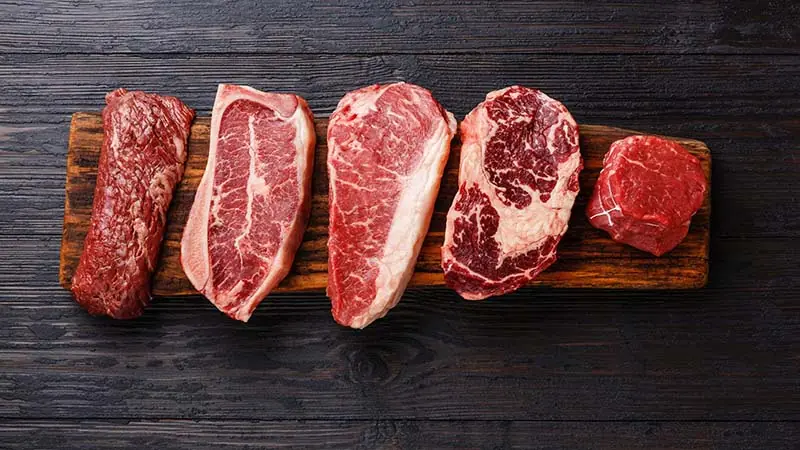
To enjoy red meat without putting your kidney health at risk, here are some general guidelines to follow:
-
Moderate Consumption: Limit red meat intake to 2–3 times per week. The key is moderation, not elimination.
-
Choose Lean Cuts: Opt for lean cuts of red meat, such as sirloin or tenderloin, and trim visible fat to reduce saturated fat intake.
-
Balance with Plant-Based Proteins: Make sure to include a variety of plant-based proteins (such as legumes, lentils, and tofu) to balance your intake and reduce the overall impact of purines from red meat.
-
Pair with Kidney-Friendly Foods: Combine red meat with kidney-friendly foods like leafy greens, low-potassium vegetables, and whole grains to help balance out the meal and aid digestion.
Conclusion: Make Informed Choices for Kidney Health
The relationship between red meat and kidney health highlights the importance of being mindful of how much red meat you consume, especially if you have risk factors for kidney disease or high uric acid levels. While red meat can be part of a balanced diet, moderation and variety are key to protecting your kidneys and overall health. If you have concerns about your kidney function, it's important to consult with a healthcare provider to develop a personalized dietary plan.
Note: The information provided in this article is for informational purposes only and is not a substitute for professional medical advice. Always consult your healthcare provider for advice tailored to your individual health needs.
News in the same category


10 Foods to Effectively Lower Bloo.d Sugar After a Meal

5 Common Breakfast Mistakes That Quietly Cause Weight Gain After 40

Protect your kidneys - choose your drinks wisely! Avoid these 4 ha.rmful beverages and hydrate the right way

Reason people get strange white bumps on their lips or private parts

10 signs you’re living with clogged arteries

Doctors Warn That Unusual Odors in 3 Body Areas May Signal Liv.er Damage

If Your Legs Cramp at Night You Need to Know This Immediately
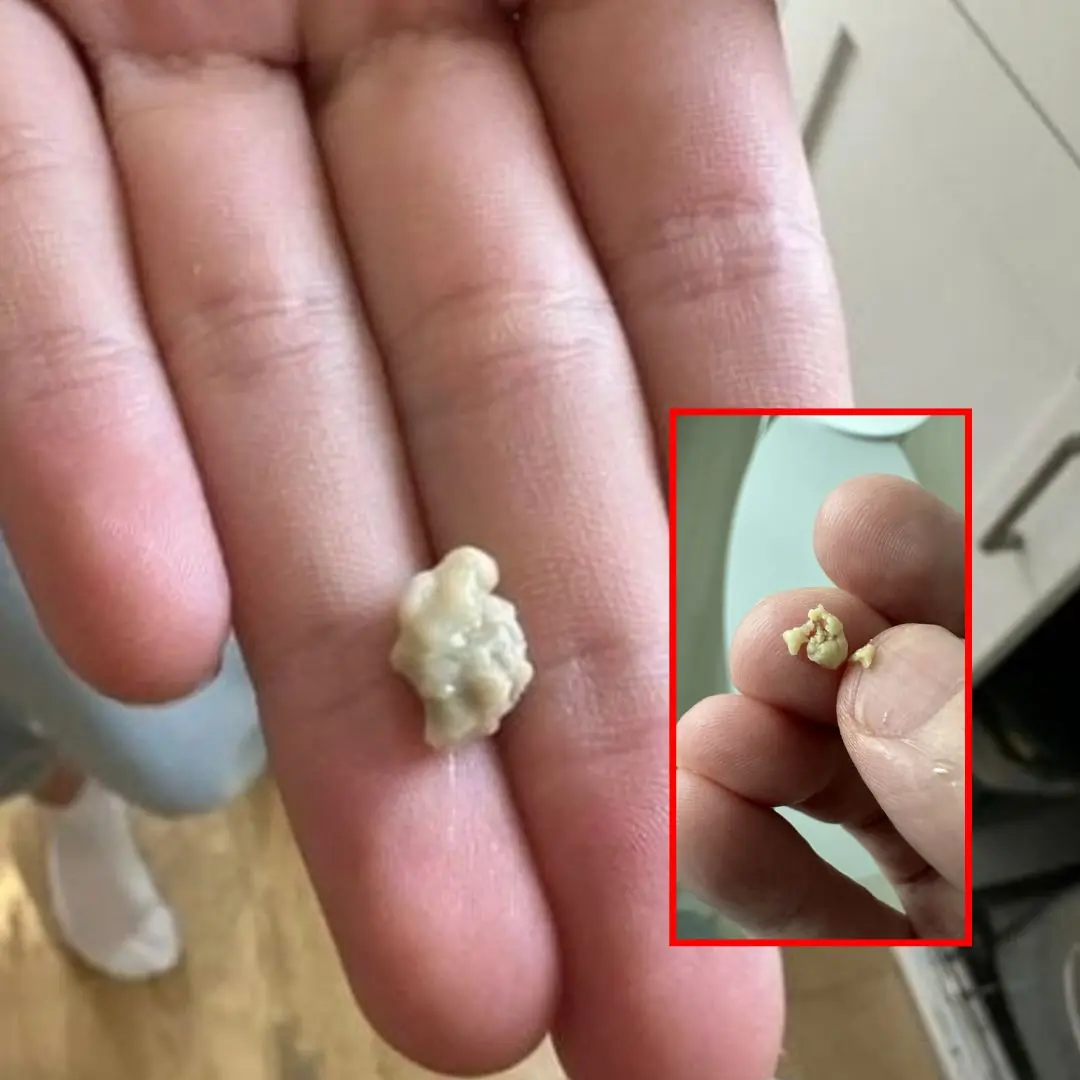
I sneezed 4-5 times yesterday and then felt something tickling my throat

Why Do Your Hands and Feet Itch Like Crazy Every Winter?

A Vegetable Once Fed to Pigs Is Now a “Can.cer-Fighting Superfood” Sold at Sky-High Prices Worldwide

8 Hidden Egg Dang.ers Your Body Is Begging You to Notice — Before It’s Too Late

Indian Borage: The Miracle Leaf That Heals Lu.ngs, Skin, Gut, and Soul

The Morning Elixir That Transforms Your Health in One Sip: The Ancient Garlic Ritual Modern Science

Coconut Water Secrets: The Hydration Miracle You’re Drinking Wrong
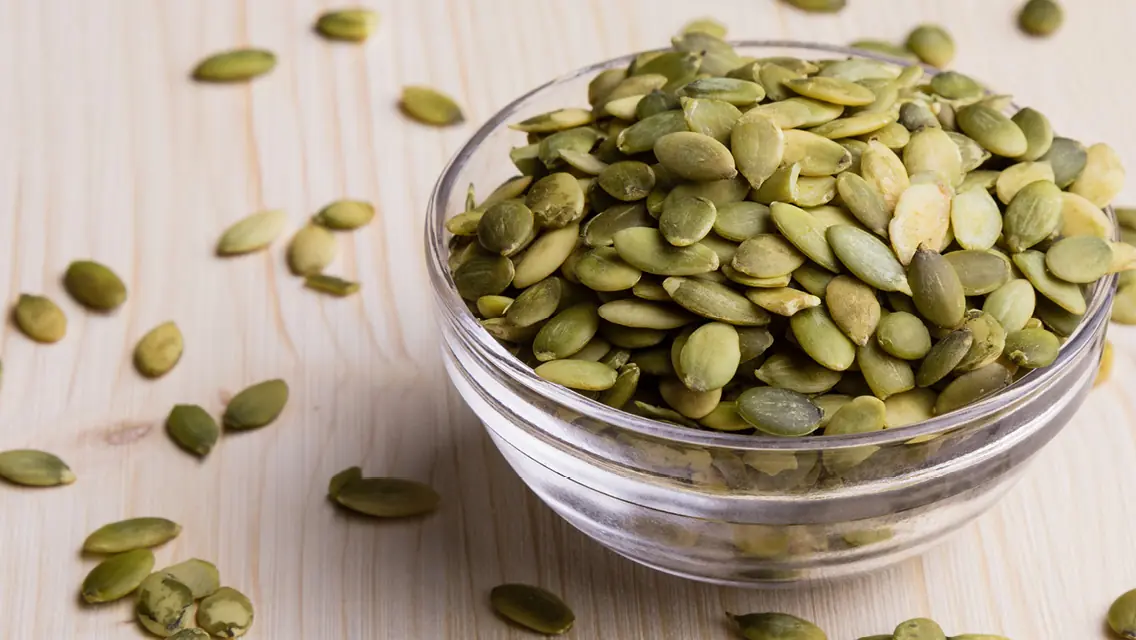
Unlock Prostate Power: The Unexpected Superfood Every Man Over 40 Should Be Eating Daily

Is Your Cooking Oil Secretly Raising Your Ri.sk of Co.lon Can.cer?

10 Superfoods That Can Help Your Body Fight Can.cer

Just 1 OREGANO leaf a day and you will be pain free
News Post

The Secret Language Between Flight Attendants and Pilots That Most Passengers Don’t Understand
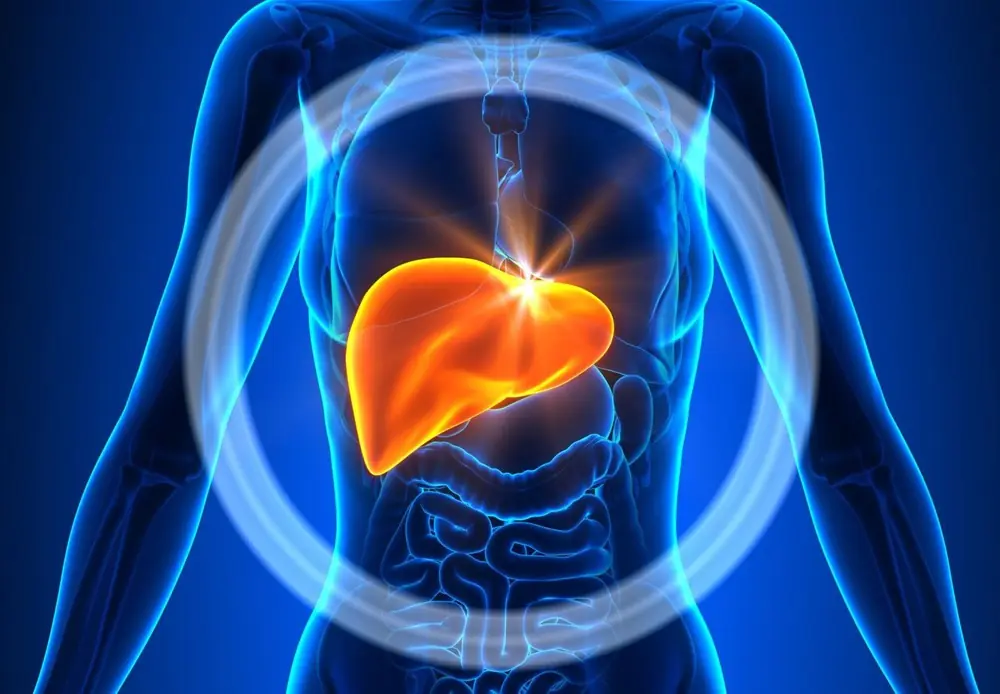
5 Simple Habits to Protect Your Liv.er and Boost Your Health After 40

Is Drinking Lemon Water Good or Bad for Your Kid.neys?

How Black Tea Can Help Lower Ur.ic Ac.id and Protect Your Kid.neys

Eat These 10 Superfoods to Speed Up Can.cer Recovery and Prevent Recurrence!

Stop Belly Fat Now: 3 Coffee Mistakes You’re Making (And How to Fix Them)
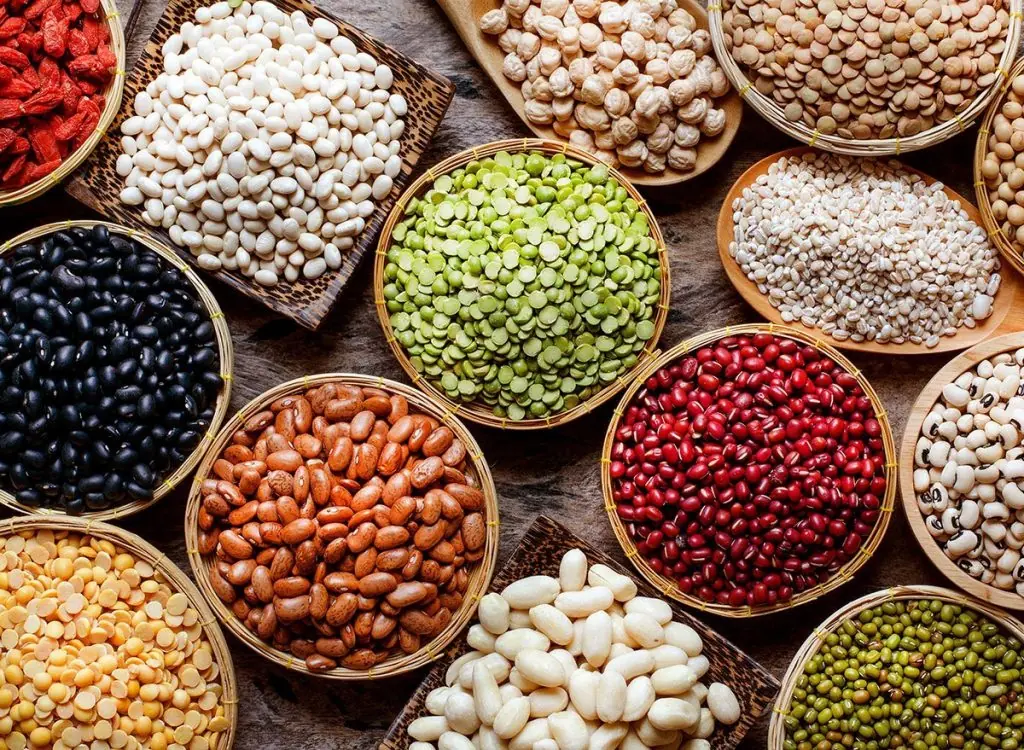
Canned Beans vs. Dried Beans: Which One is Better for Digestion and Heart Health?

10 Foods to Effectively Lower Bloo.d Sugar After a Meal

5 Simple Tricks to Crush Sugar Cravings and Boost Dopamine Without Cutting Sweets

5 Common Breakfast Mistakes That Quietly Cause Weight Gain After 40

How Eating Eggs Improves Brain Health: The Benefits You Didn’t Know

4 Health-Boosting Benefits of Vitamin C You Need to Know

Protect your kidneys - choose your drinks wisely! Avoid these 4 ha.rmful beverages and hydrate the right way

Reason people get strange white bumps on their lips or private parts

7 scents snakes hate: Use them around your home to keep snakes away

11 Telltale Signs That Your Dog Might Be Approaching the End of Their Life

10 signs you’re living with clogged arteries

Doctors Warn That Unusual Odors in 3 Body Areas May Signal Liv.er Damage
